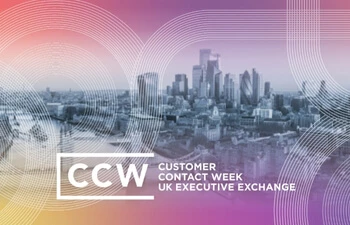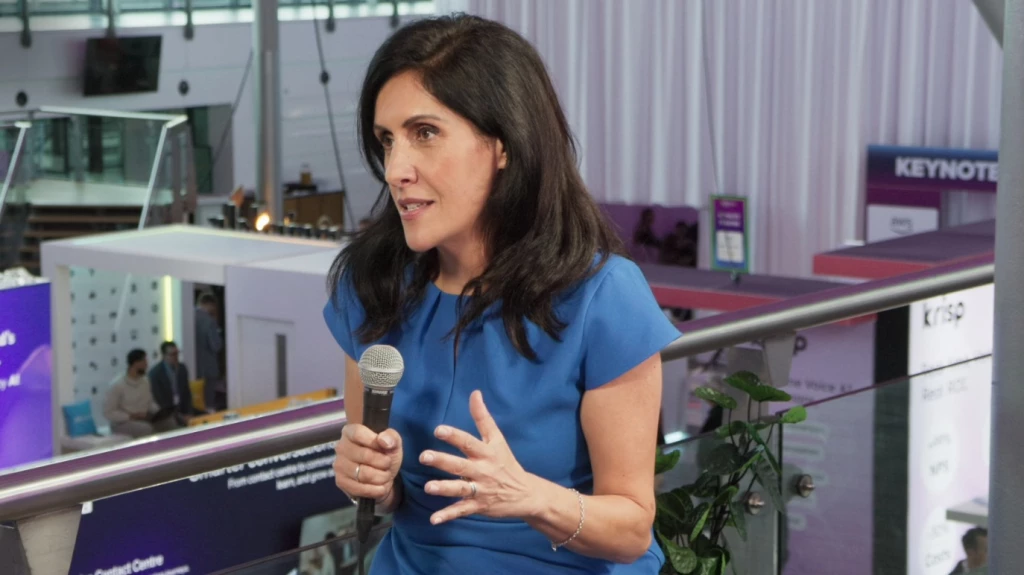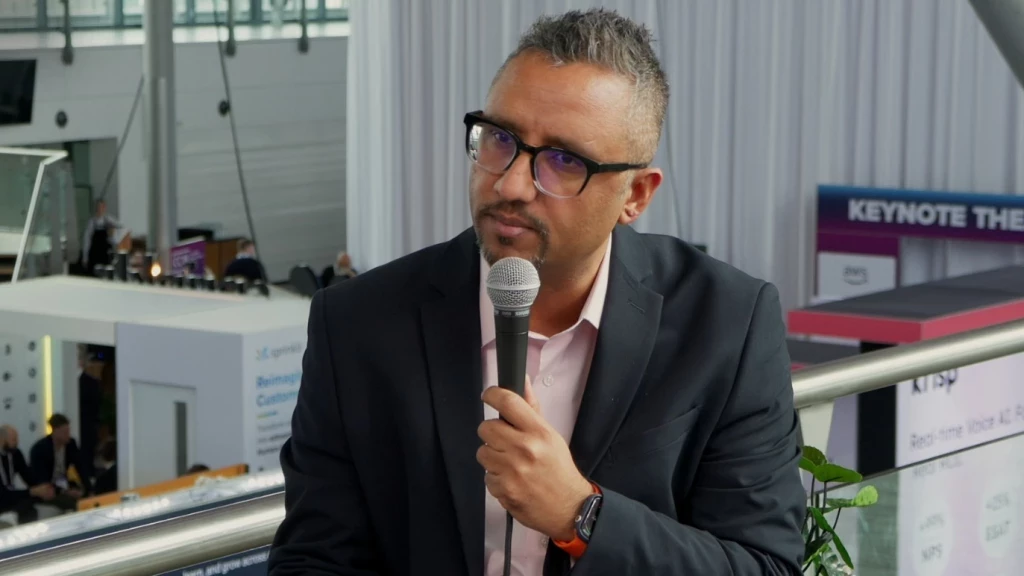How to Get Customers to Trust You with Their Data
Trust is increasingly becoming the currency of loyalty, engagement, and experience for customers. Discover three ways to design a culture of trust between brands and customers.
Add bookmark
Businesses today face a tricky dilemma; they must win customers' hearts by creating meaningful and personalised experiences, but to do it well, vast amounts of customer data must be collected. While ethical access to consumer data can help companies understand customer pain points, it can only be won if they trust a brand. You have customers who are protective of their data as well as those who will submit data for speed and convenience without reading the fine print and fully understanding how their data is being used.
With cybercrime rising – there were 38% more cyberattacks reported per week on corporate networks in 2022, compared to 2021 – ensuring data privacy and governance is upheld for customers is imperative if businesses hope to remain competitive and keep the trust of customers.
Companies such as Google, GetApp, and McKinsey provide insight into how organisations can build assurance around customer data:
1. Practice Transparency
What are organisations doing with the data? This is a question top of mind for many customers. While a singular data breach may not have an immediate effect on the customer, the number of high-profile data breaches such as the Facebook-Cambridge Analytic scandal and the Marriott International hotel group have made consumers more hyper-aware of data tracking and resulted in customers asking for more transparency around how companies are using their personal information.
Google, for example, has made a concerted effort to create more transparency around how they intend to use personal data in the cloud by sharing their commitment, expectation, and responsibility for protecting and managing data with users. Research from CBI found good data security and track history of protecting personal information are necessary for 84% of people when deciding where to spend money.
2. Manage Employee Access to Data
GetApp reported that two in three businesses (68%) allow more employee data access than necessary. Within GetApp’s same analysis of their survey results, the company highlighted that “many of today’s most destructive cyberattacks rely on unrestricted data access privileges to infect and spread throughout [a company’s] network. If everyone has access to everything, the attacker only needs access to any employee’s network credentials”.
McKinsey highlighted that it is challenging for companies to provide employees with access to the right data because data handling processes are currently very manual, “making it error prone and lengthy". In addition, manual data-resiliency processes make it difficult to recover data quickly and fully, creating risks for lengthy data outages that impact employee productivity.
McKinsey predicts that by 2025, data management within organisations will be prioritised and automated for privacy, security, and resiliency. By automating data provisioning, employees will safely and securely have access to the correct data in near-real time, greatly improving their productivity.
3. Perform Audits
Performing regular data collection audits to ensure compliance with data regulations are critical for data protection, data security management and avoiding data silos. The COVID-19 pandemic – arguably the biggest black swan organisations have faced in a long time – highlighted the importance of strengthening risk control and governance. New challenges around how to correctly handle data and manage risk in a remote working environment revealed the need for more effective data management systems and resources.
Mark Stock, PwC’s former Partner in Risk Assurance and now Direct Line Group’s Head of Audit highlighted that regular data audits help ensure business continuity during times of crisis. Data audits enable businesses to employ long-term strategic vision around operational, technological, legal, social, and environmental disruption while also maintaining objectivity.
Evidently, a privacy-first approach is considered a way to strengthen customer loyalty when it comes to data protection. Keeping data security and privacy top of mind can help improve business-customer relationships and brand reputation as well as enhance the overall customer experience.
























